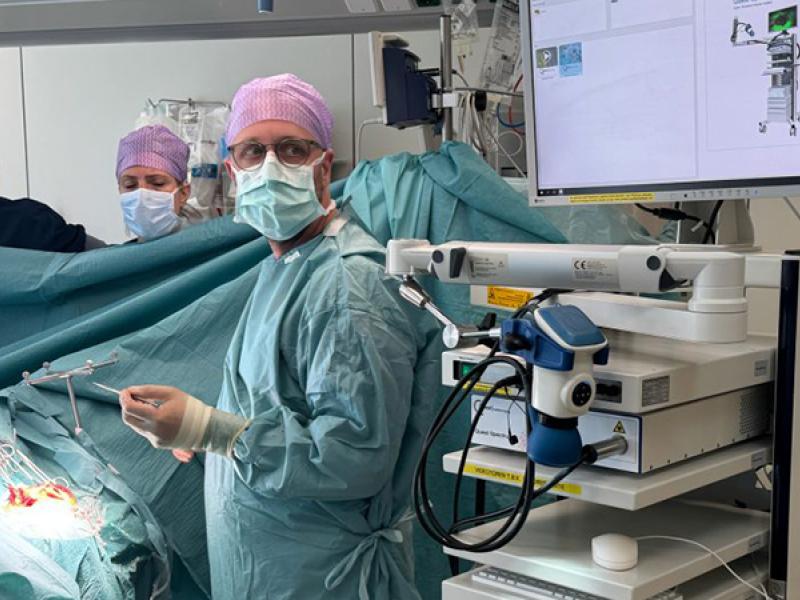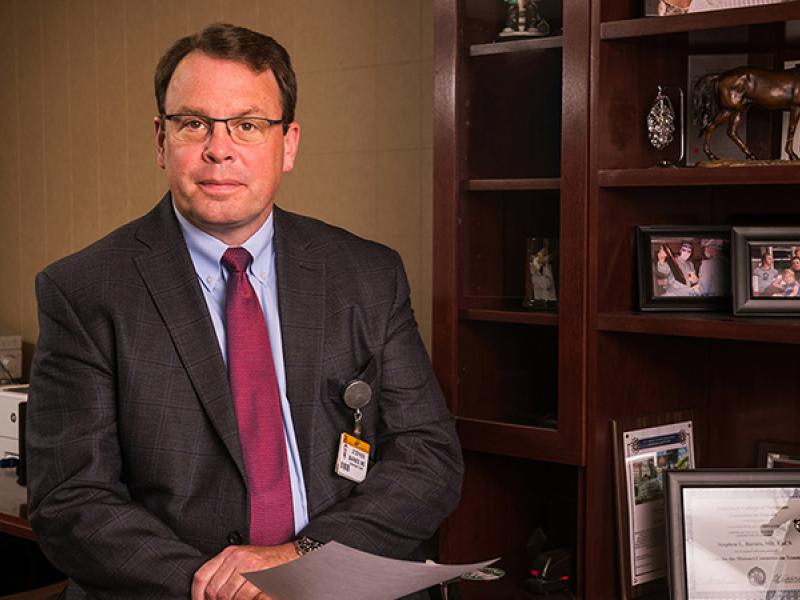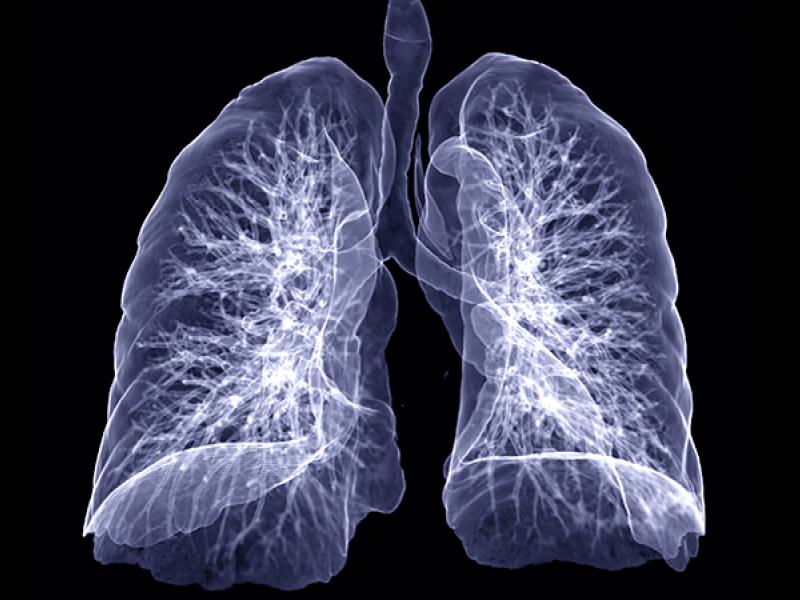Our values reflect the values of the University of Missouri and we take them seriously in our endeavor to create surgical leaders for the future.
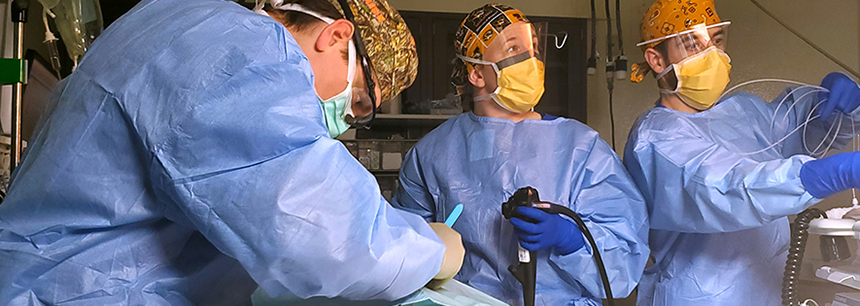
Program Values
Respect. Respect is the foundation of honor, integrity and trust. Our patients, peers and leaders deserve our utmost respect in all endeavors.
Responsibility. As surgeons, we hold the ultimate responsibility for our patient’s well-being and health. Proper recognition of the obligations we have to our patients and peers allows us to exercise calculated decision-making that considers the risks and benefits of our craft.
Discovery. Advancing the care of our patients requires a dedication to discovery of contemporary treatment methodologies which challenge current techniques and proposed truths. Our indelible goal is to improve the lives of others. This requires research, study and discovery.
Excellence. Excellent care requires dedication and commitment to perpetual improvement and knowledge growth. We must not be satisfied with the mediocre and mundane, but rather strive to attain excellence in all that we do.
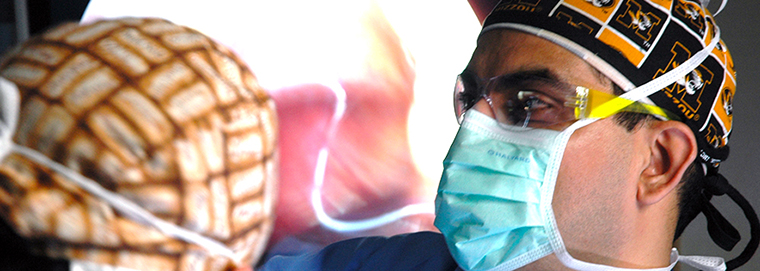
Educational Philosophy
The MU Department of Surgery curriculum is focused on the development, advancement and mastery of core surgical concepts in the abstract and physical environment. Residents will embark on a lifetime of dedication to science and personal betterment by immersing themselves in the surgical realm. Curricula act as guides to focus young minds on learning the important points, but true learning only occurs when the learner is actively engaged in his or her own education. For that to occur, it takes dedication to developing one’s mind to not only think like a surgeon, but to also act like one.
Personal academic success has likely already taken place at the time of medical school matriculation, however, up until the first day of residency training it is likely that many surgical trainees have thought like students rather than attending surgeons responsible for patient’s lives. Our task is to teach residents to think through problems logically, swiftly and definitively. The Department of Surgery curriculum is designed to inspire learners to approach their educational efforts in a way that promotes active problem solving. For instance, when a patient presents with a complex problem, the learner should be excited at the opportunity set before them. We expect our residents to delve into the problem, reading actively and developing a few, well-thought out, plans of action for the patient. The goal is not to develop a long differential or pages of possible plans, but rather to develop a plan and a back-up plan.
We teach through traditional methods dating back thousands of years. The Socratic Method capitalizes upon curiosity and excitement to create an environment of inquiry that promotes analytical and creative thought. While these two seemingly competing processes – analytics and creativity – may differ in their approach, both are necessary to nurture and grow the young surgeon to the point of confidence and competence. As faculty, we question residents and students in order to ignite the right and left brain to work in harmony, deducing answers to questions that often have no single correct solution.
Our methodology extends from formal lecture environments to group discussion and microteaching sessions during bedside patient evaluation. Lectures are rarely a single person dictating knowledge to the group. Instead, frequent questions are asked throughout to ensure learner engagement. Group discussions promote thought processes to not only deduce possible answers, but also consider the consequences of developed plans. Bedside teaching is typically focused, again with directed questioning, on the patient in the room. With the patient present the virtual becomes reality and even minor complications became major difficulties to the patient at hand. The variety of educational content delivery methods promote specific aspects of thought and grow the student into a surgeon.
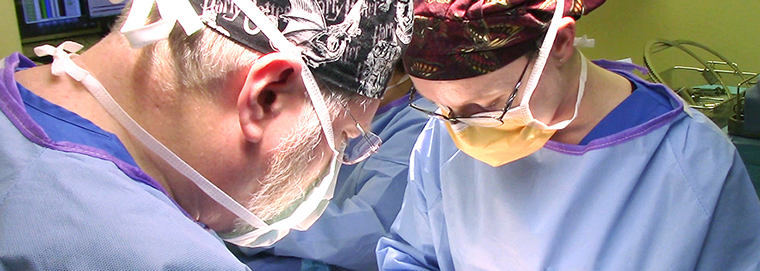
Mentorship
We honor the time-tested benefits of mentorship at the University of Missouri. Mentoring is a powerful and essential component of professional and personal success and growth throughout training and beyond. Resident surgeons often cite their mentors as reasons for entering their chosen field, attending certain training programs, and joining surgical societies. Practicing surgery in the manner of their mentors, mentees often seek to emulate their mentors, consciously and subconsciously. Successful mentorship relationships need not be only with those surgeons who have achieved prestigious accolades, mentorship may, and should, exist with peers as well. Senior residents mentoring junior residents, junior faculty guiding residents, and faculty mentoring students are all possible mentorship relationships.
Successful identification a mentor is not often accomplished through assignment. It requires a relationship built upon common ideals, goals and aptitudes of which both parties exhibit strength. However, many neophyte surgeons find difficulty initiating contact and beginning the relationship. For this reason, residents are expected to identify a potential mentor by the end of their first year of residency. The chosen mentor will be responsible for completing the resident’s biannual evaluation starting the second year of training. During the intern year, residents will complete biannual evaluations with the Program Director. Frequent meetings, both formal and informal, are encouraged to begin developing the relationship.



